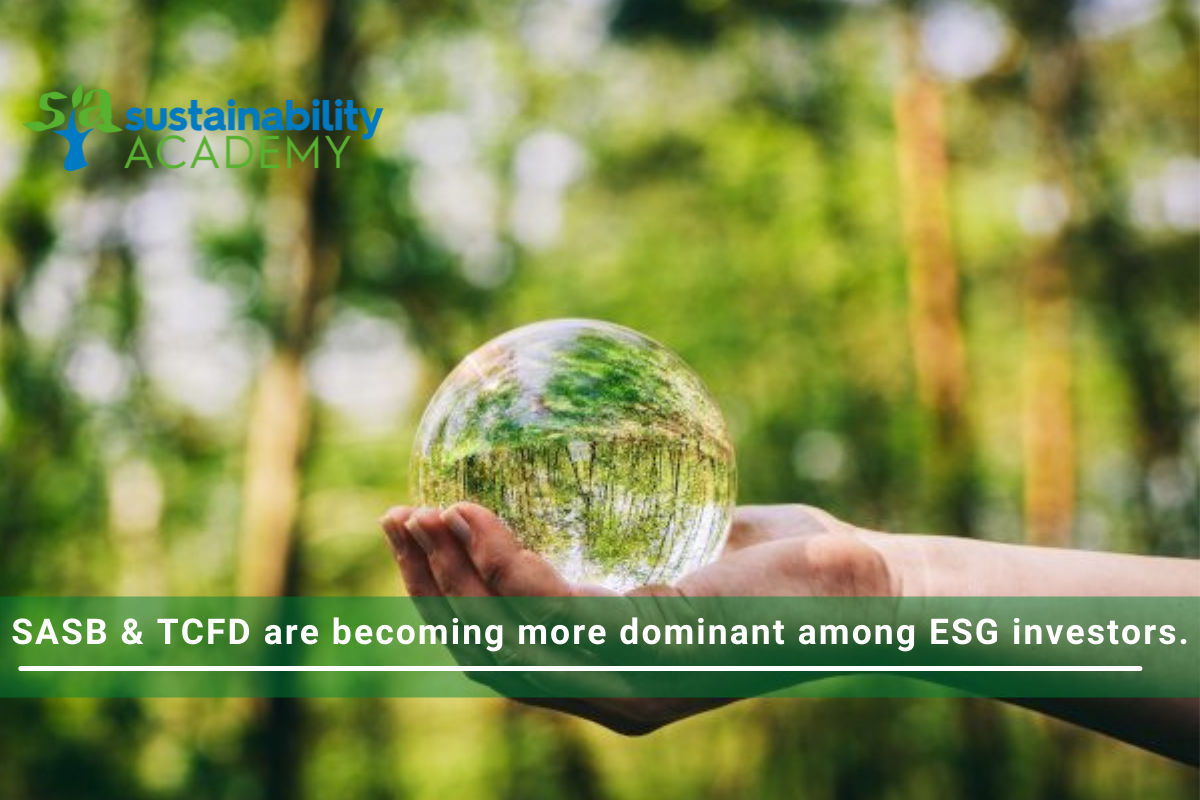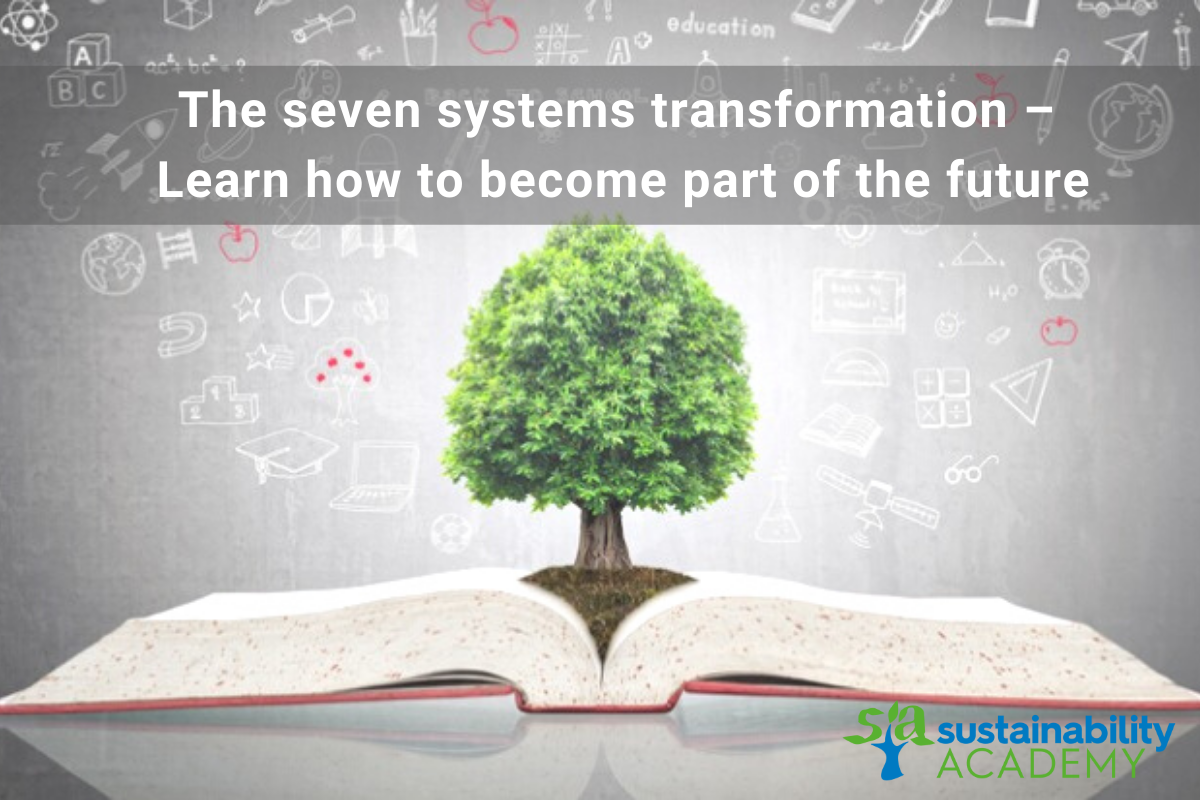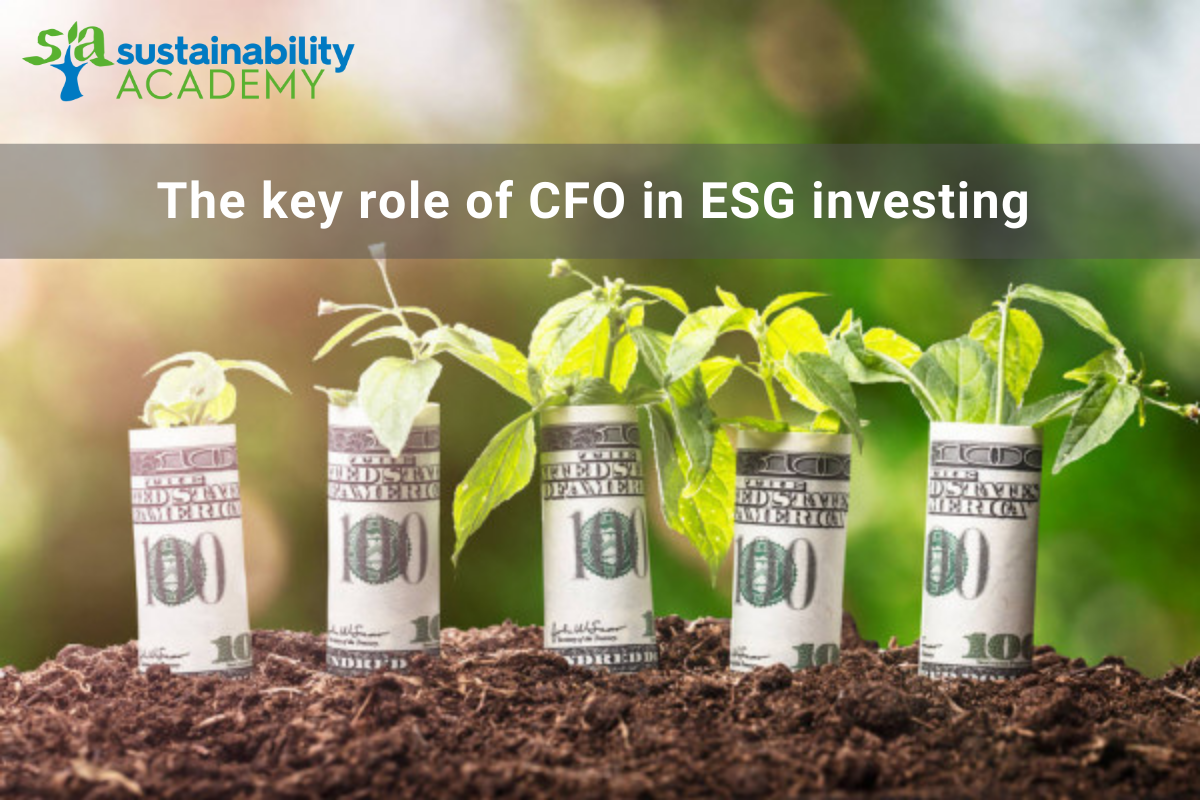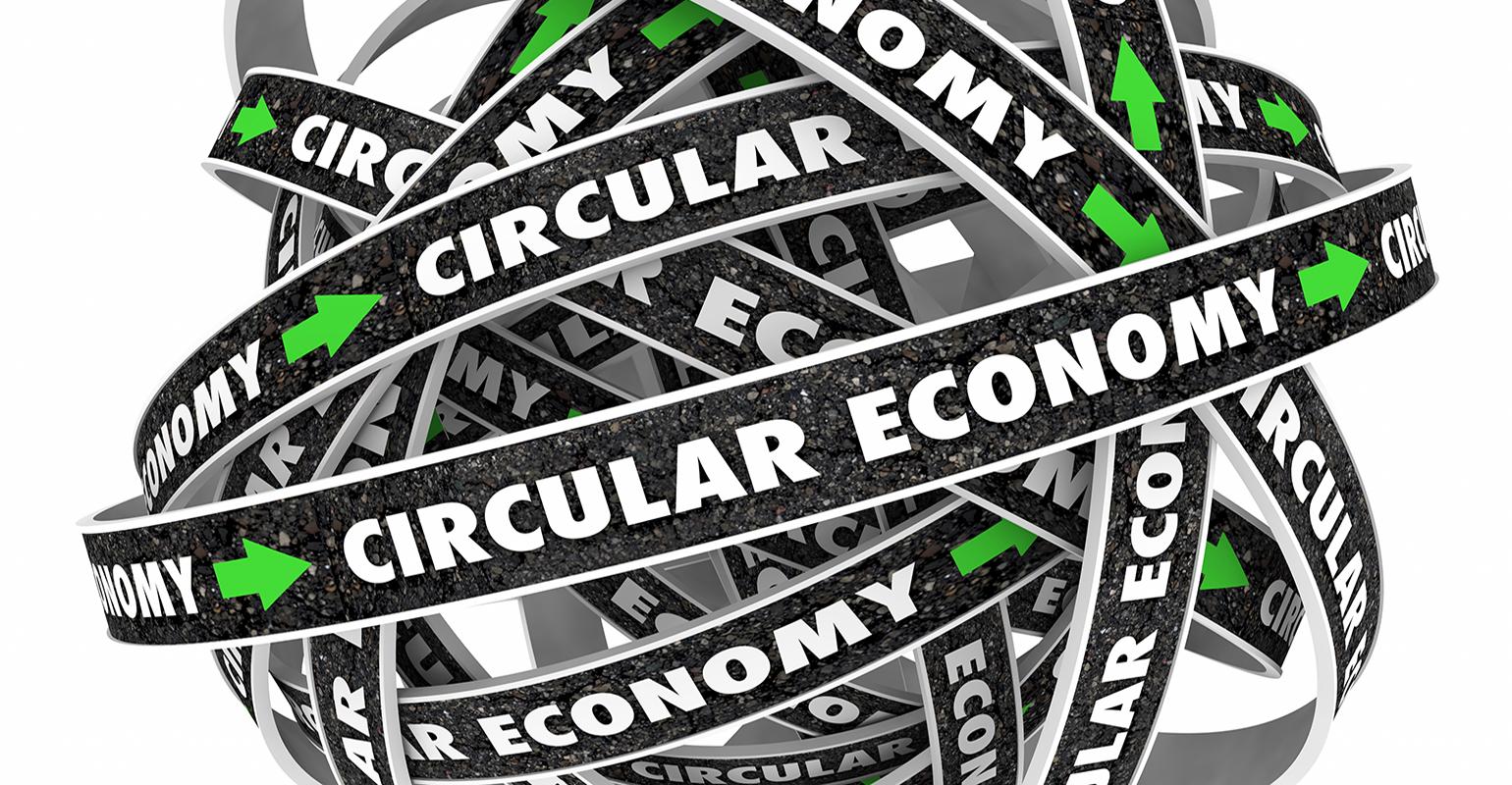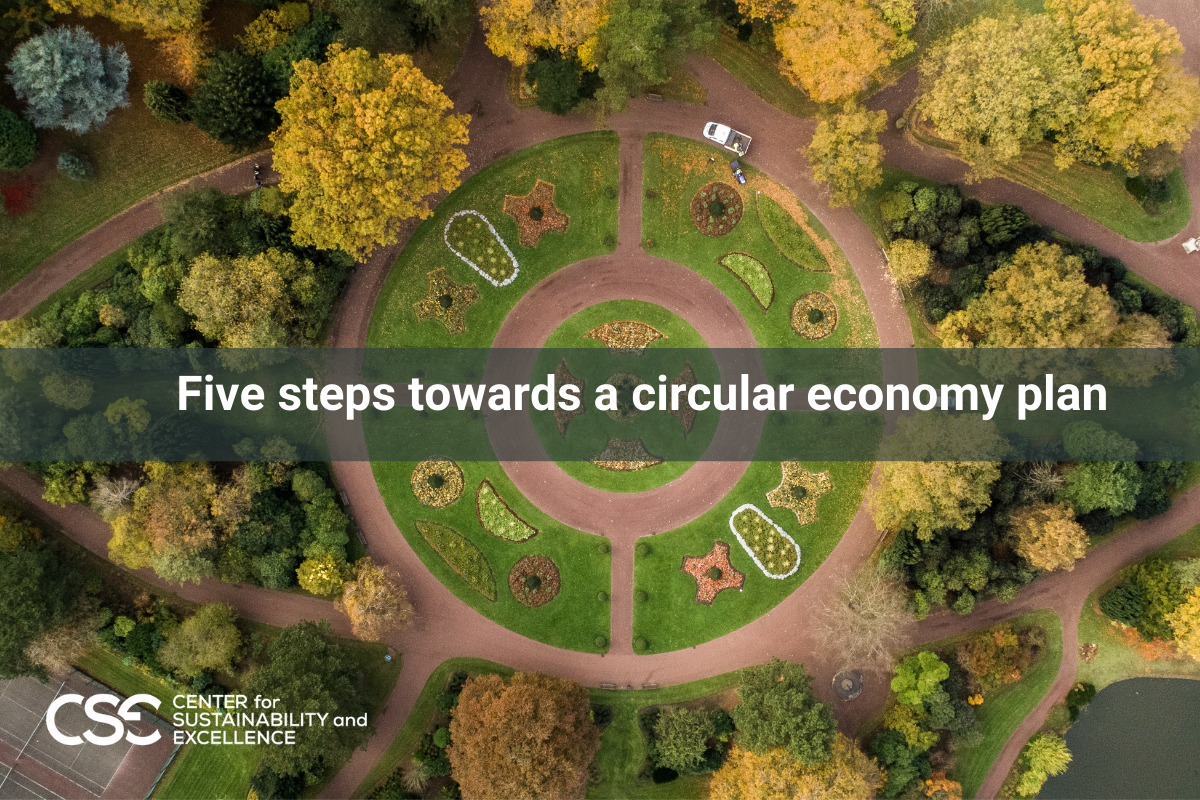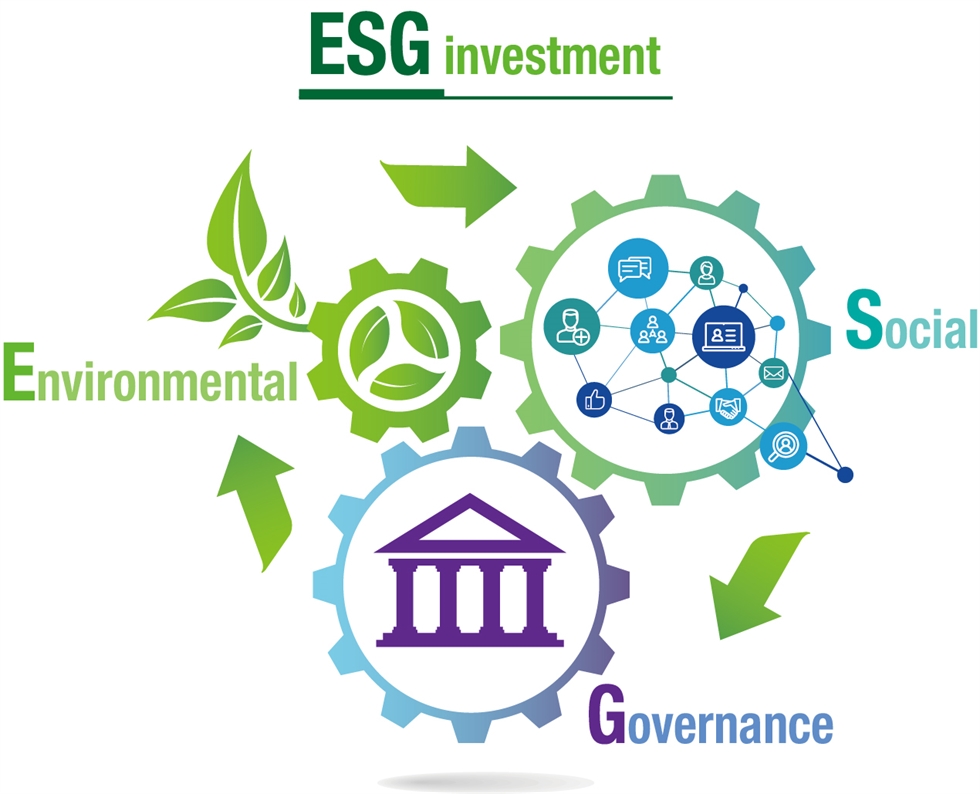Public companies face a significant challenge when it comes to allocating accurate and comparable ESG information due to the rising focus on ESG by shareholders, regulators, employees, customers, and communities as well as rankers and raters in the marketplace, who hold high expectations for improved disclosure levels. Once, when there were less ESG frameworks, public companies had to go through a complicated process to understand the shareholders’ perspectives while they were trying to disclose, in the most effective way, the information they were seeking. The main concern for both issuers and shareholders came from the lack of a uniformity in standards that could be used to compare ESG disclosures across different companies within the same industry.
However, during the last couple of years some of the most powerful investors have been encouraging companies to use SASB Standards and TCFD Recommendations. It is suggested that moving to a single global standard will help investors and other providers of financial capital, to integrate ESG factors into making more informed investment decisions about how to achieve robust long-term returns.
According to Value Reporting foundation, more than 600 companies from the S&P 1200 index now use the SASB standards in their external communications to investors. As such, the usage was increased by 375% between 2019 and 2020, and by 215% between 2020 and 2021 accounting for a total of 1,300 companies, the majority of which are based in the US. When companies can align with a consistent set of ESG standards to communicate it to the investors there is mutual benefit. Not only both investors and companies better understand how ESG risks are being addressed but also how ESG opportunities are being optimized. When investors are in the pleasant situation of comparing companies and how best they can manage their critical sustainability issues, the efficiency and resilience of the capital markets and society is enhanced.
Always at the forefront of Sustainability and ESG trends, Sustainability Academy offers the specialized online certificate on SASB & TCFD Reporting. The online training course is designed to help the participants acquire or enhance their competency to understand the requirements of the SASB Standards and the TCFD recommendations.
This training is going to help you better understand SASB standards and along with official SASB studying guide we help you apply for the FSA credentials.
For more information and discounts please contact [email protected]

